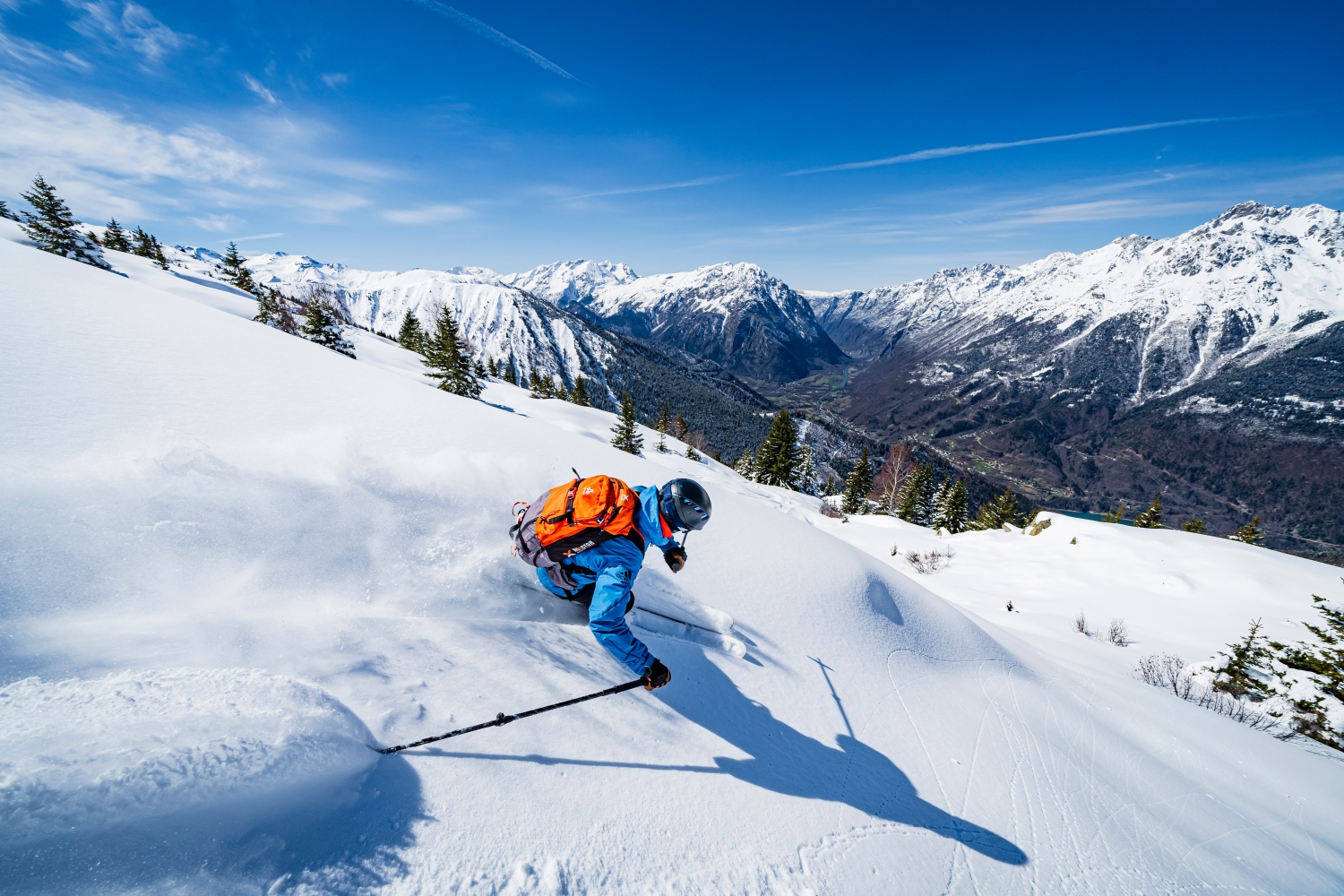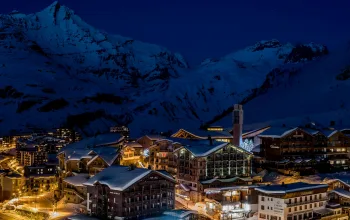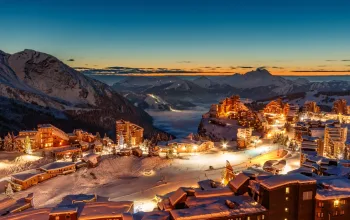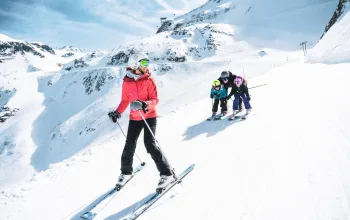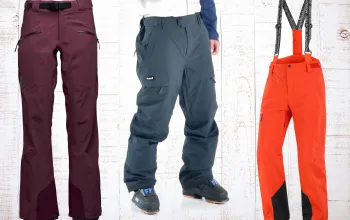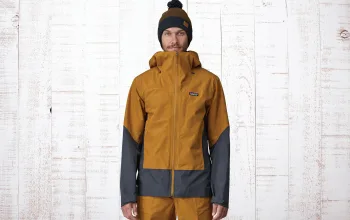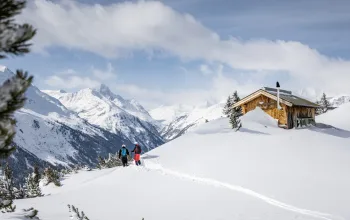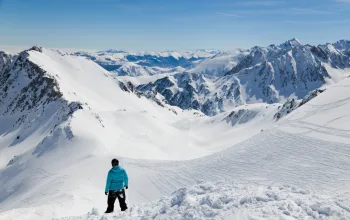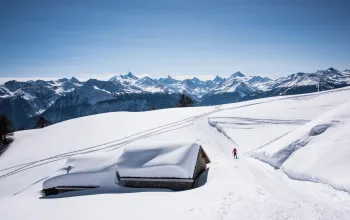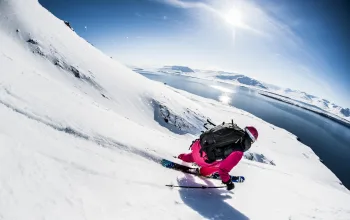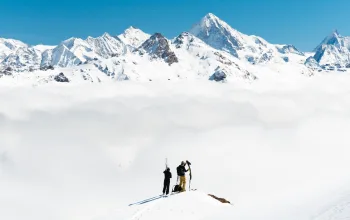Sponsored content
As skiers, we notice the impact of climate change more than many. Temperatures that are a degree or two warmer might not make that much difference in London, but in the mountains, even fractions of a degree can make a huge difference to the quality of the snow.
It’s no surprise, therefore, that many of us are now looking long and hard at a destination’s sustainability credentials before booking our winter holidays.
France is a popular choice for eco-minded travellers, partly because of its proximity, but also because it boasts some of the most stunning skiable terrain anywhere in the world. Nowhere is that more obvious than in the south-eastern département of Isère—home to famous resorts like Les Deux Alpes, and Alpe d’Huez, as well as countless hidden gems, like Les 7 Laux. Here are five reasons why the area is ideal for a sustainable ski trip.
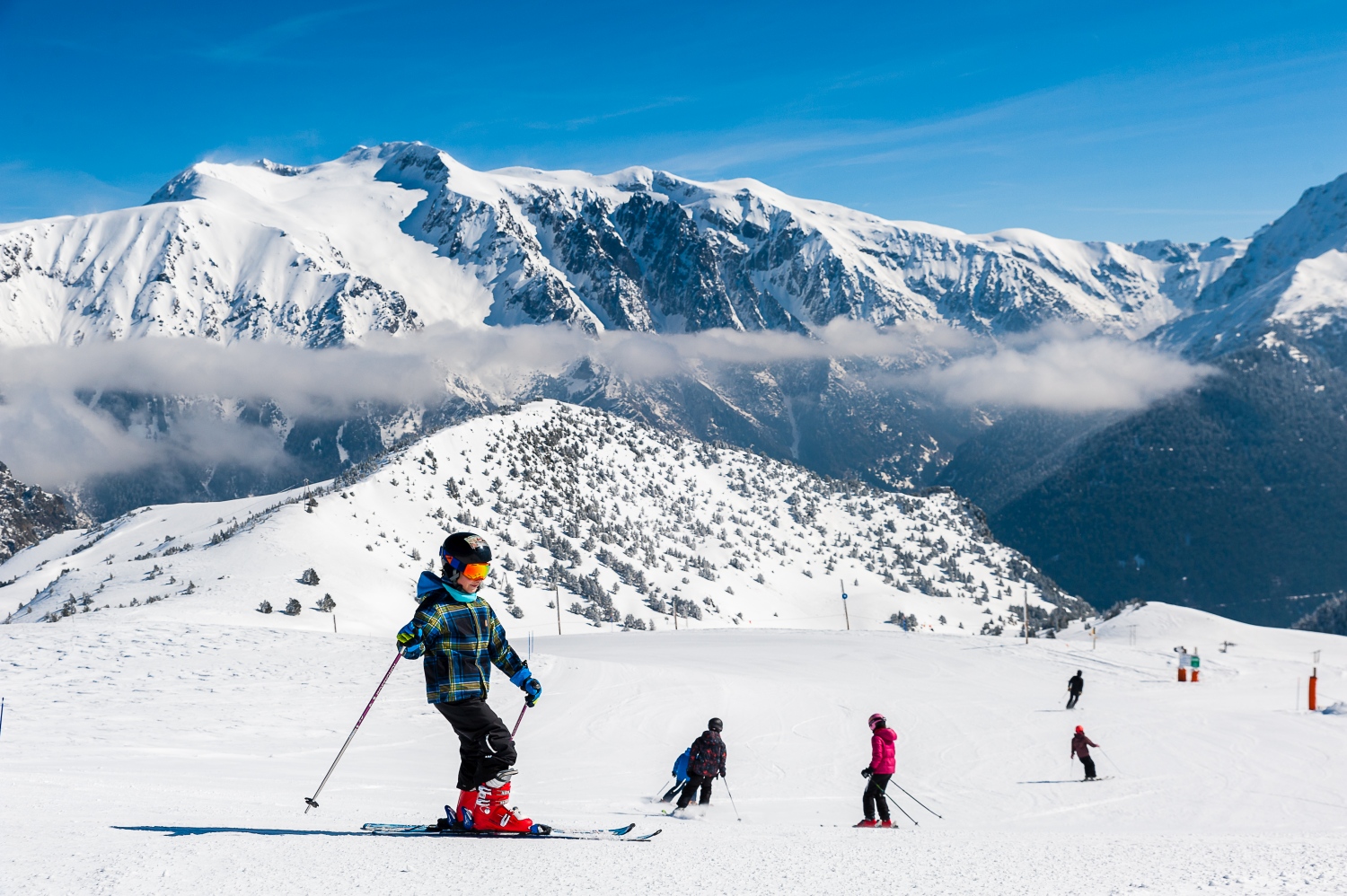
It's easy to get to by train
If you want to reduce the environmental impact of your ski holiday, one of the best things you can do is to avoid flying. Travelling by train to go skiing reduces your transport emissions by around 90 percent compared to catching a plane. Luckily, Isère is super easy to get to from the UK by train.
From London, simply hop on a Eurostar to Lille, change to a TGV and cruise down the length of France at speeds of over 300km/h, until you arrive in Lyon. Here, you have to change trains again for the short hop to Grenoble, Isère's regional capital, from where there are easy connections to all the region’s major resorts.
All in all, the journey takes around 7h 30 minutes. If you were to fly, and arrive at the airport the recommended two hours before your departure time, it would probably take you about five hours. And it's so much more pleasant to sit in a comfy TGV restaurant car, sipping on a nice glass of Côte-Rotie, than it is being crammed onto a Ryanair flight.
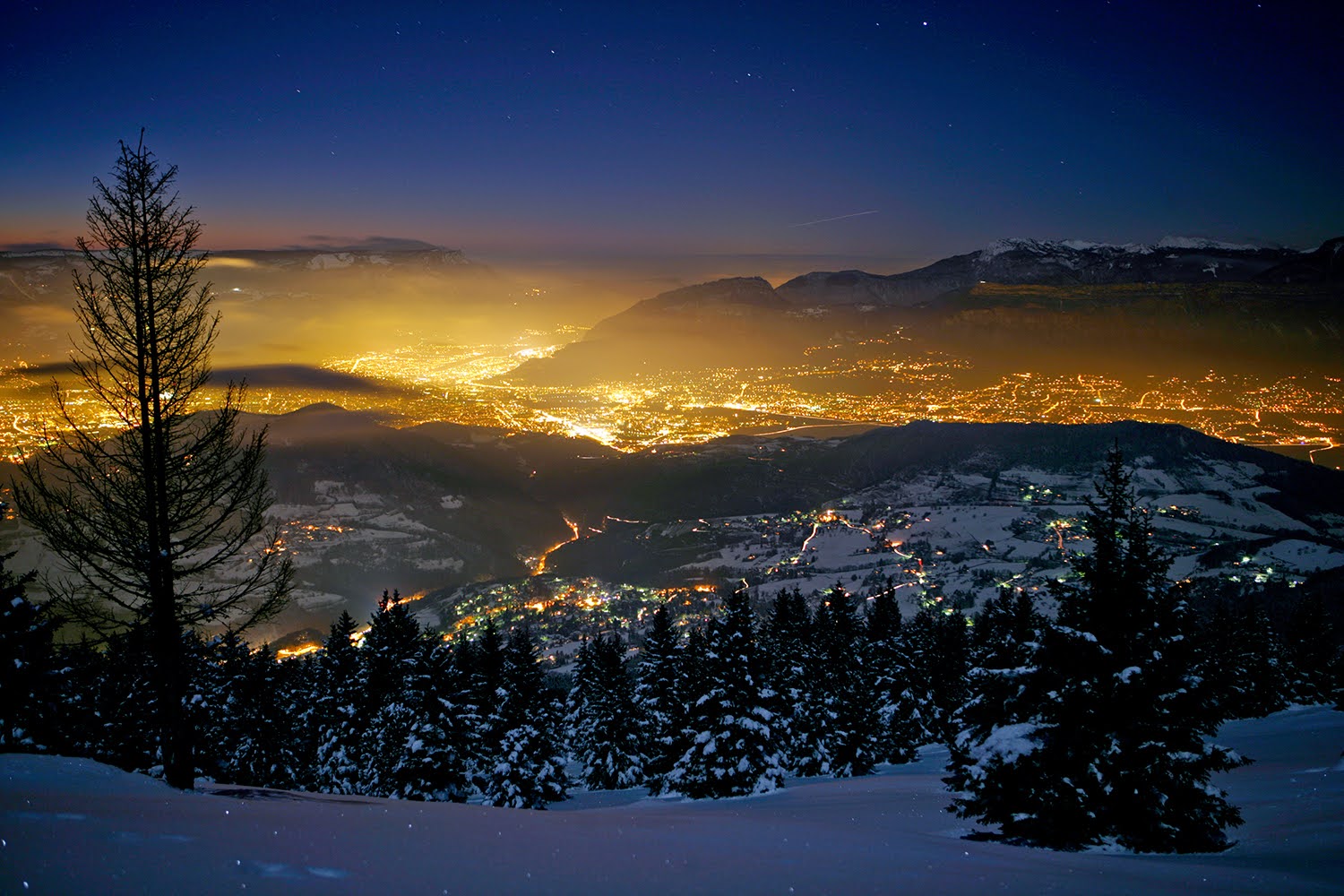
Chamrousse is one of France’s few Flocon Vert resorts
The Flocon Vert, or ‘Green Snowflake’, is a bit like a Michelin star for sustainability, granted to ski resorts that meet the very strictest criteria. Awarded by the non-profit organisation Mountain Riders, it requires ski resorts to adhere to 31, independently-verified standards. Fewer than 30 of France’s ski resorts have been awarded Flocon Vert status, but Chamrousse, the closest ski hill to Grenoble, is one of them.
In recent years Chamrousse has maximised the use of renewable energy, installing solar panels on many buildings. It’s taken steps towards becoming zero waste, encouraging recycling, and has strict measures in place to protect the natural landscape and encourage biodiversity. Elsewhere in Isère, Les Deux Alpes is working towards achieving Flocon Vert status.
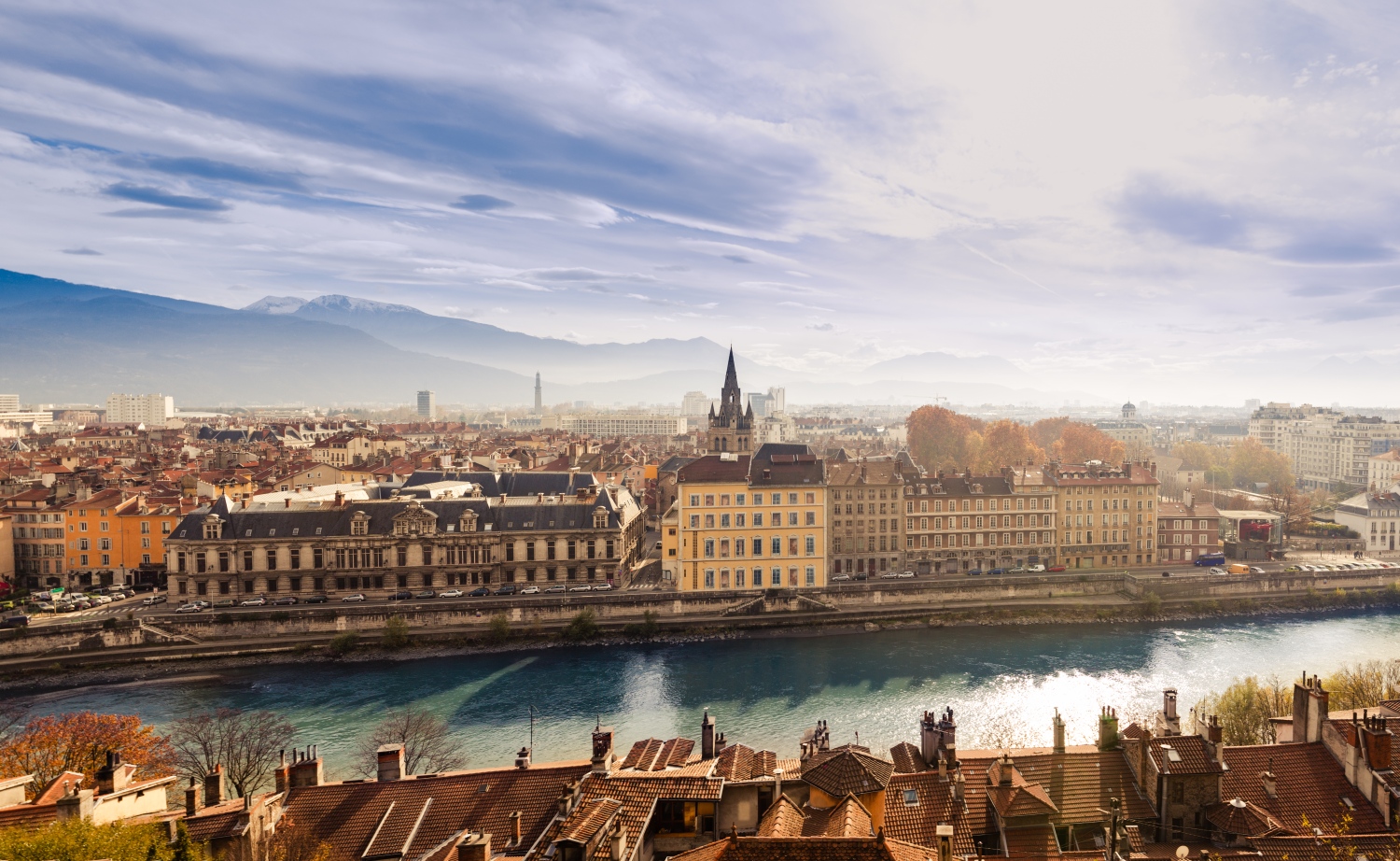
Grenoble is a European Green Capital
Grenoble, Isère's main city, was voted the European Green Capital 2022. This prestigious title is awarded to cities that show a strong commitment to the environment and sustainable development. Grenoble won the designation thanks to a number of initiatives—many of which have benefited not just permanent residents, but visitors too. Improvements in air and water quality, and in public transportation, for example, have benefited the whole region.
Like Innsbruck, it’s perfectly possible to base yourself in Grenoble and catch a bus to the nearby resorts of Chamrousse or Les 7 Laux every day, but most skiers are more likely to be passing through. Still, it’s nice to know that the area’s capital is taking steps in the right direction.
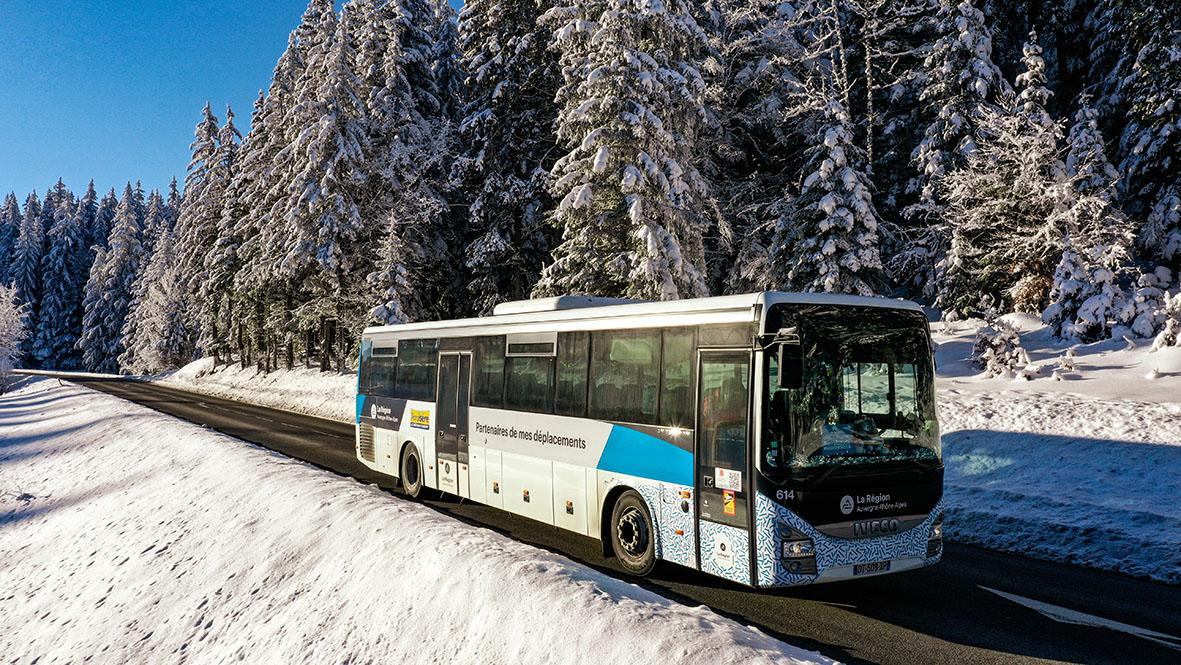
Isère’s ski resorts take sustainability seriously
While not all Isère’s ski resorts have achieved the coveted Flocon Vert status yet, many of them have put sustainability at the centre of their development. Alpe d’Huez, for example has removed 150 lift pylons and 50k of cable since 2005. This reduces the impact of its lift system on the environment while simultaneously improving the skier experience by replacing old lifts with newer, faster models. As each pylon has been removed, trees and grass have been planted.
Neighbouring Les Deux Alpes has electrified its fleet of ski resort buses, making it the first ski resort in France to do so. It’s also invested heavily in electric car charging stations, powered by 100 percent renewable energy. Many of Isère’s smaller resorts have achieved Stations Vertes, or ‘Green Resort’ status recently, including Allevard, Auris-en-Oisans, Bourg-en-Oisans, Lans-en-Vercors, Oz-en-Oisans, Vaujany, and Vénosc in Les 2 Alpes. While not as stringent as Flocon Vert, Station Verte status is granted tovillages which commit to sustainable tourism and work closely within local communities to protect their natural heritage.
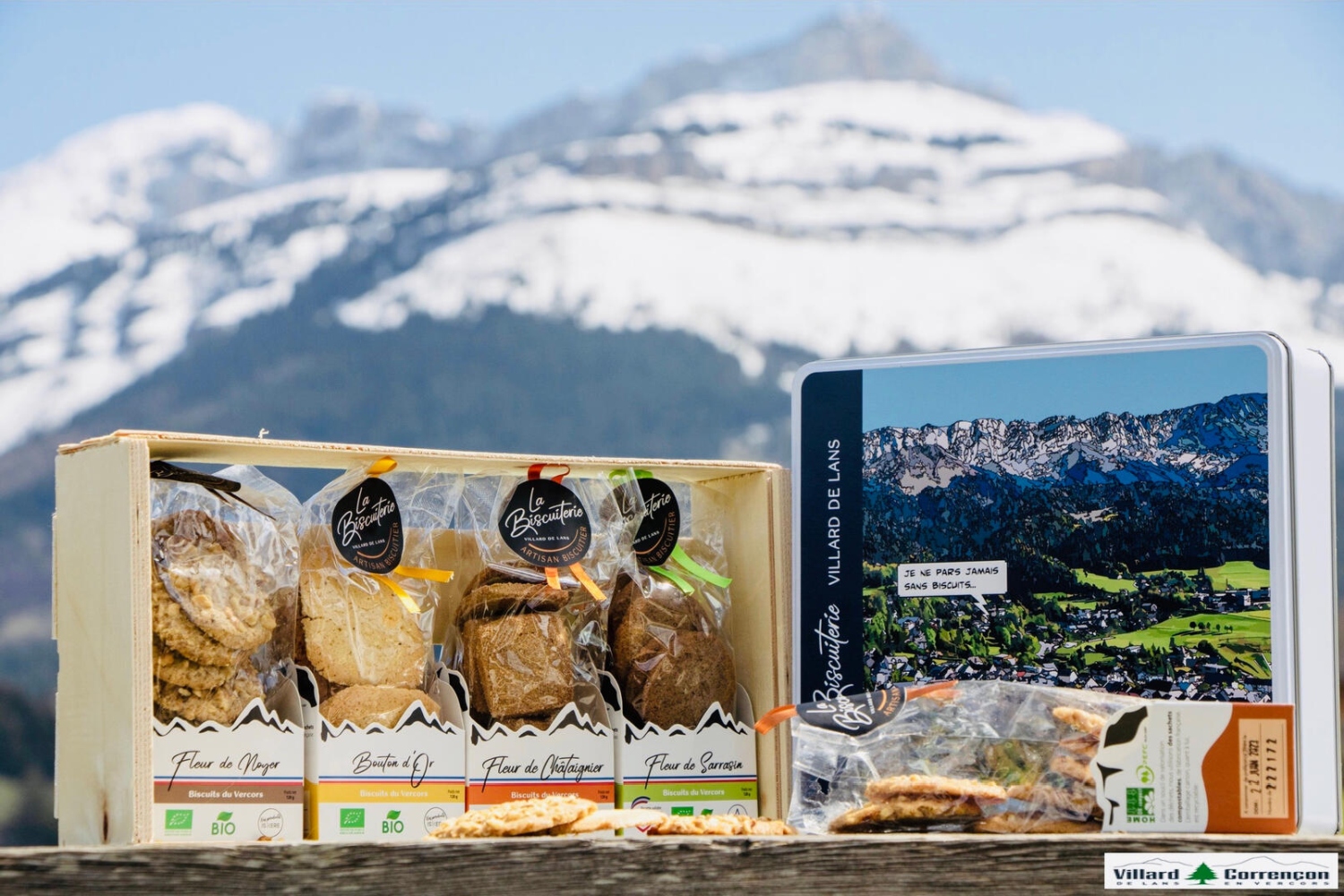
The locally sourced food & wine is great
Sourcing food and drink locally helps to reduce the environmental impact of every meal. Luckily, for visitors to Isère, the locally-sourced food and wine are among the finest anywhere in France—which, let's be honest, also means they're among the finest anywhere in the world.
The area is famous for regional specialities including cheese like Saint-Marcellin—a delicious creamy concoction made of cow's milk—and Bleu du Vercors—a mild blue cooked up in the Vercors massif. It's also well-known for its wine, including Côte-Rôtie from the Rhone valley, or the fine Gamays and Jacquère's of the Portes de Savoie area. And of course, the after dinner or après ski digestif Chartreuse, brewed by monks in the Chartreuse massif, is sold throughout the world.
The tradition of artisanal agriculture runs deep in the mountains of fields of Isère, and it shows—not just in the sustainability credentials of much of its produce, but in the rich tastes on offer too.
For more information about everything Isère has to offer, go to alpes-isere.com



